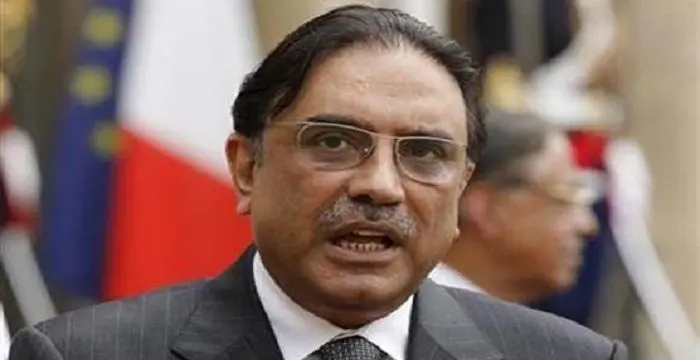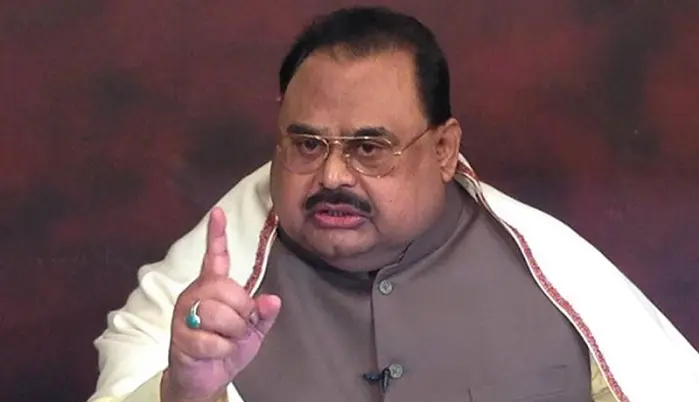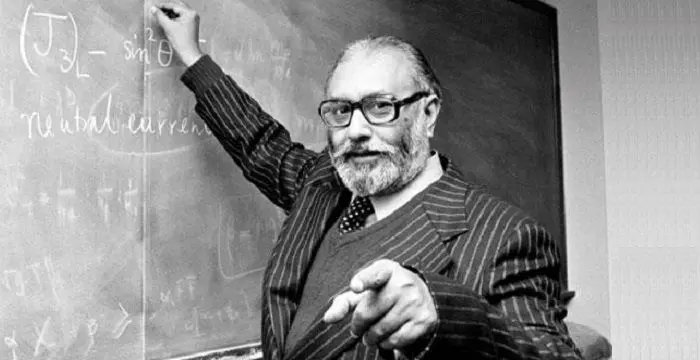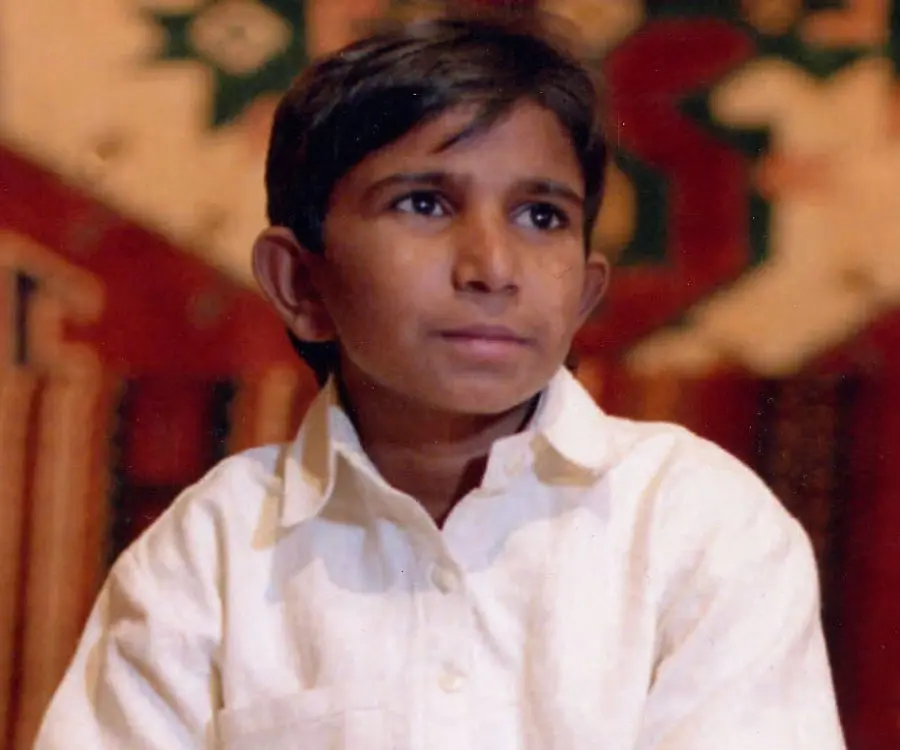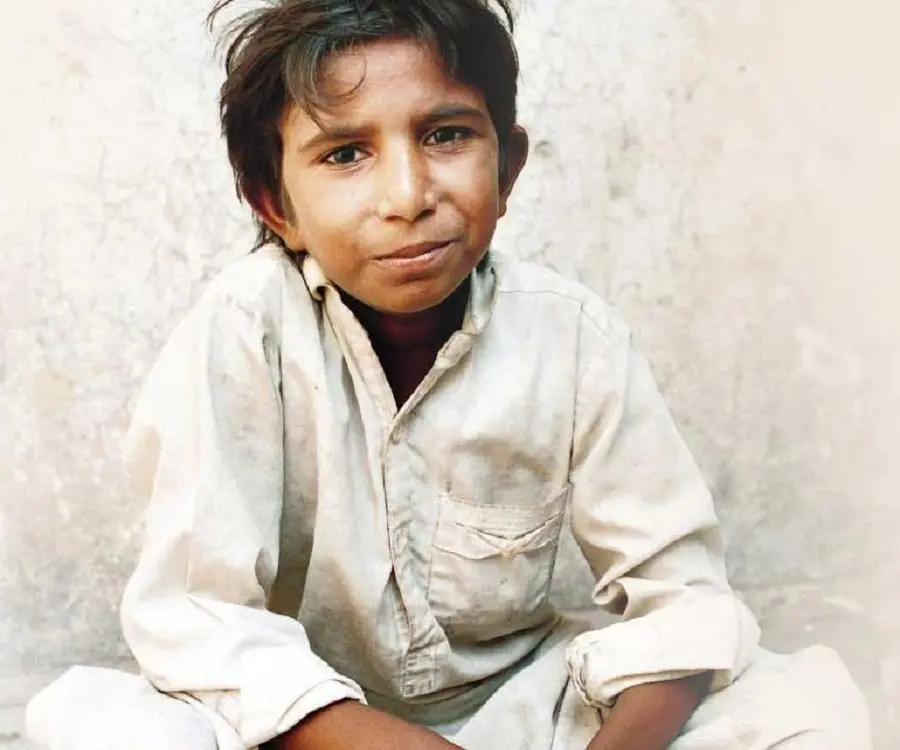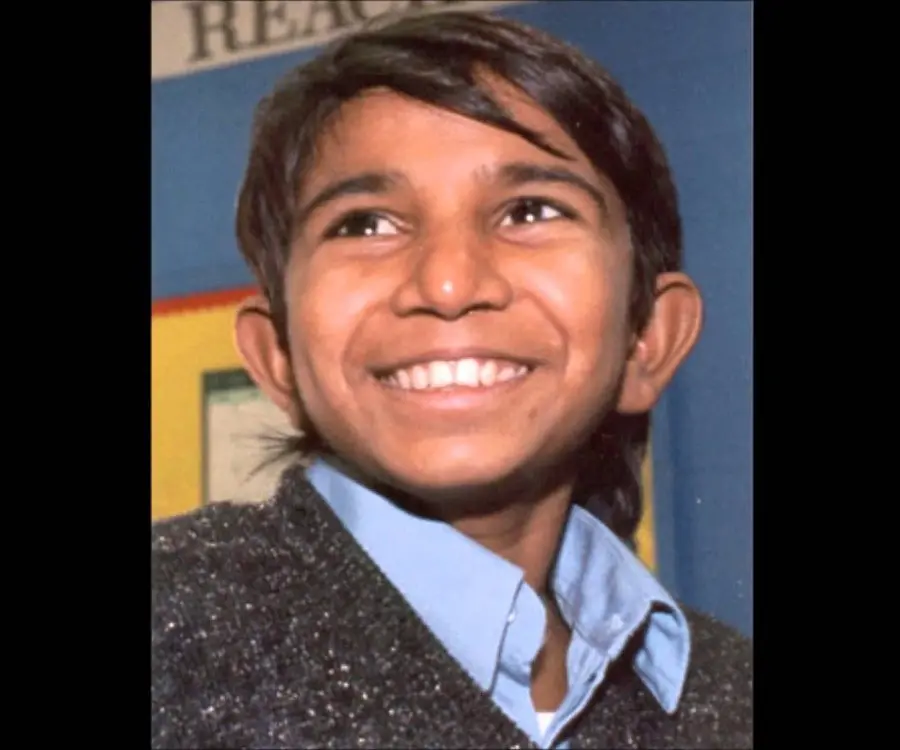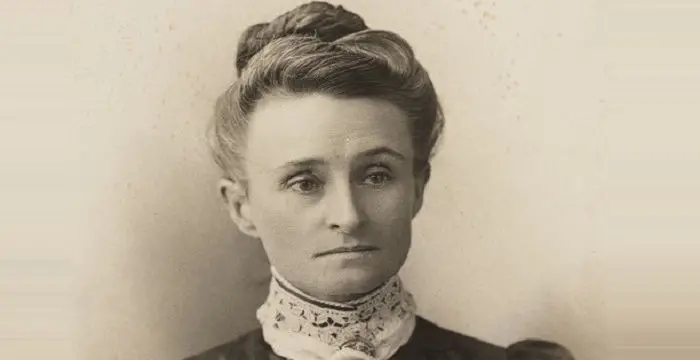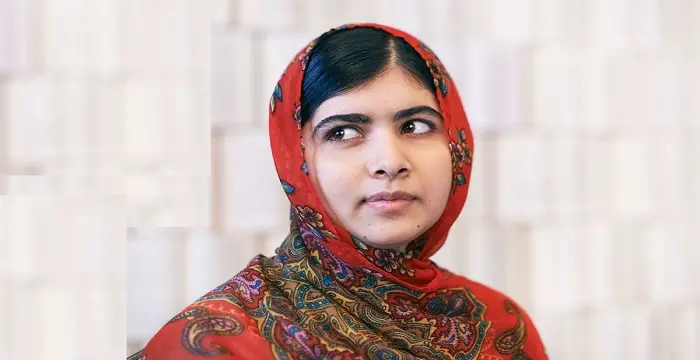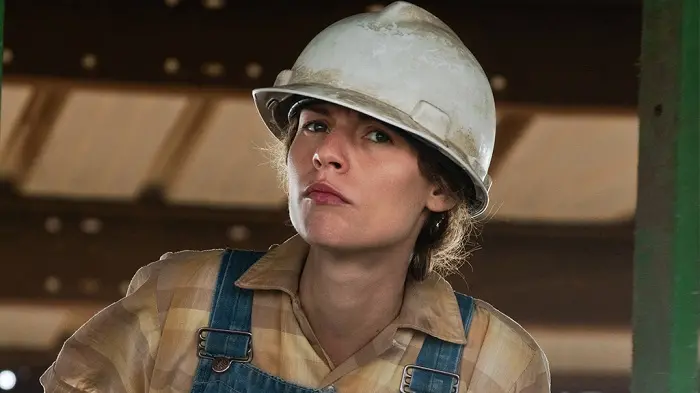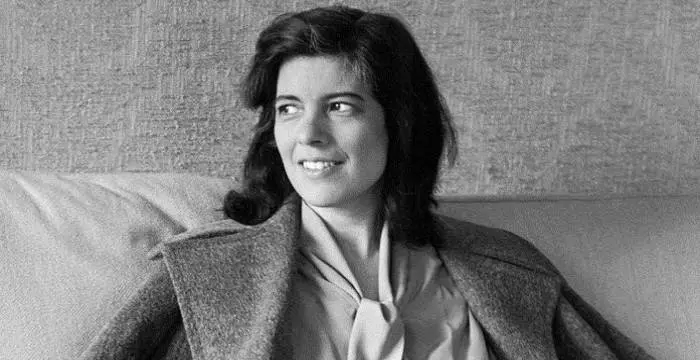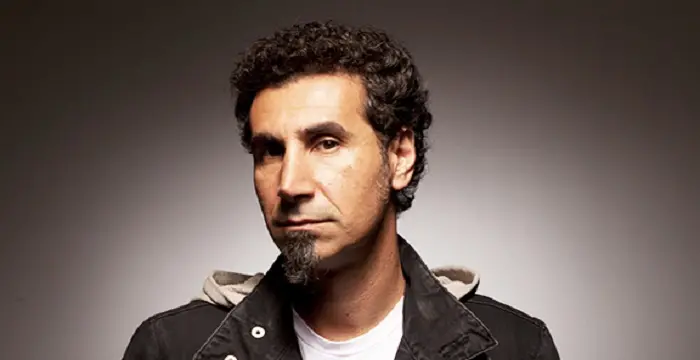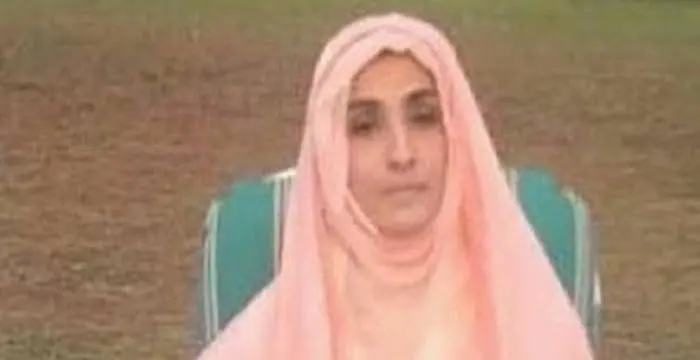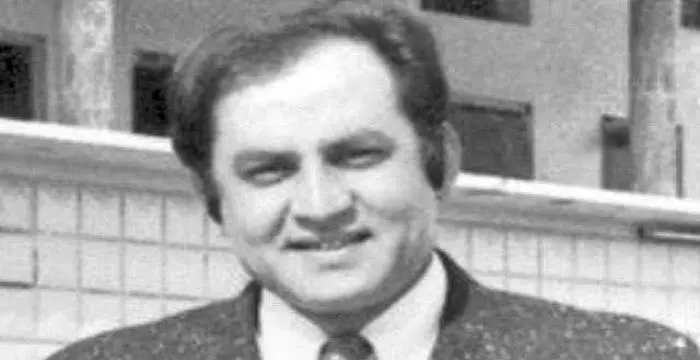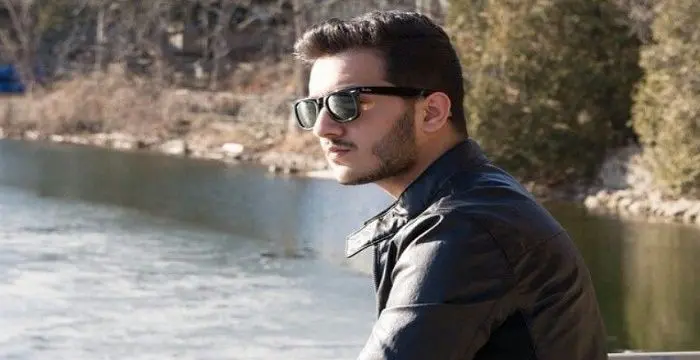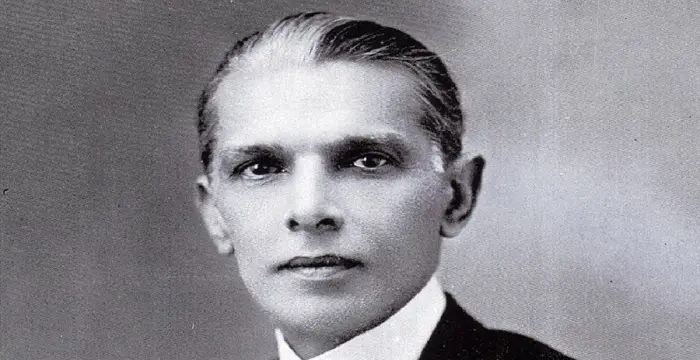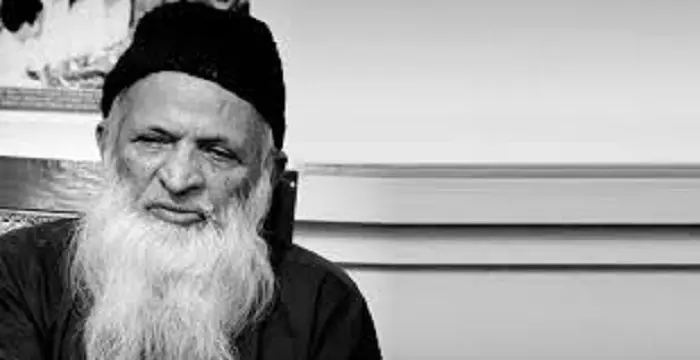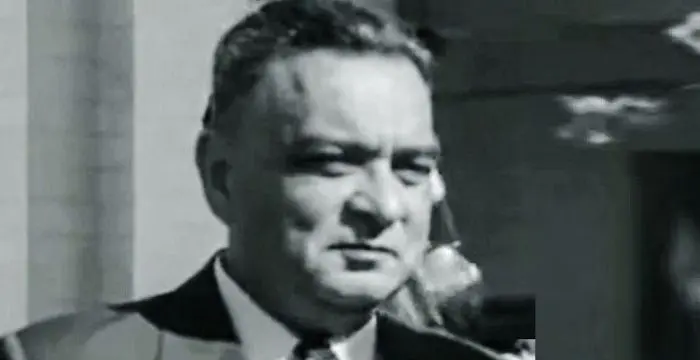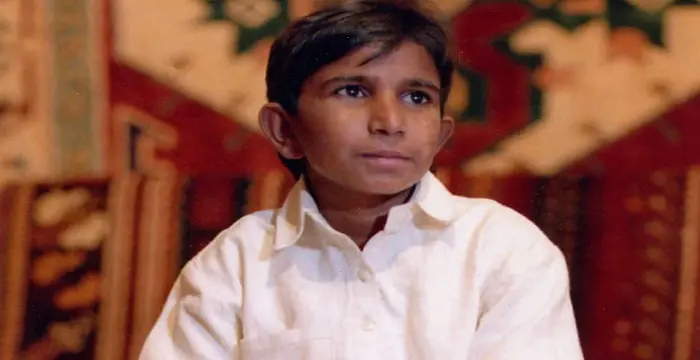
Iqbal Masih - Pakistani Men, Career and Childhood
Iqbal Masih's Personal Details
Iqbal Masih was a Pakistani boy who suffered as a child labourer and later became a symbol of child labour
| Information | Detail |
|---|---|
| Birthday | 1983 |
| Died on | April 16, 1995 |
| Nationality | Pakistani |
| Famous | Activists, Children's Rights Activists, Pakistani Men |
| Birth Place | Muridke, Pakistan |
| Gender | Male |
| Father | Saif Masih |
| Mother | Inayat Bibi |
| Born in | Muridke, Pakistan |
| Famous as | Children's Rights Activist |
| Died at Age | 12 |
// Famous Pakistani Men
Asif Ali Zardari
This famous Pakistani politician was the country’s first democratically elected President and husband of late Prime Minister Benazir Bhutto. To know more about his childhood, career, profile and timeline read on
Altaf Hussain
Altaf Hussain who currently resides in the UK after being exiled from his homeland, is the leader of the fourth largest political party in Pakistan. To know more about his childhood, career, profile and timeline read on
Abdus Salam
Abdus Salam was a renowned scientist who belonged to Pakistan. Salam was the first and only recipient of the ‘Nobel Prize’ from his country. This biography provides detailed information about her childhood, life, achievements, works & timeline.
Iqbal Masih's photo
Who is Iqbal Masih?
Iqbal Masih was a Pakistani boy who fought against child labour until his death at the tender age of 12. When he was 4, he was sold by his parents to a carpet weaving company to work as a carpet weaver. In order to make sure he won’t escape, he and other children were kept tied to the chains. When Iqbal was 10, the supreme court of Pakistan declared child labour illegal and that gave the brave boy an opportunity to escape. His freedom didn’t last long though and he was caught by the police and handed back over to his employer. His second attempt was a successful one and Iqbal started studying while expressing a desire to become a lawyer to fight the evil of child labour. While returning from the USA from one of his campaigns, Iqbal was shot dead by a heroin addict who belonged to the Pakistani carpet mafia. He remains an icon for Pakistani kids who are still unable to free themselves from the evil of child labour.
// Famous Children's Rights Activists
Emily Greene Balch
Emily Greene Balch was an American economist, sociologist and pacifist who won the 1946 Nobel Peace Prize. This biography of Emily Greene Balch provides detailed information about her childhood, life, achievements, works & timeline.
Edith Cowan
Edith Dircksey Cowan (née Brown) was an Australian politician and social campaigner. This biography profiles her childhood, life, career, social work, achievements and timeline.
Malala Yousafzai
Malala Yousafzai is a Pakistani women’s rights activist and the youngest-ever Nobel laureate. This biography of Malala Yousafzai provides detailed information about her childhood, life, achievements, works & timeline.
Early Life
Iqbal Masih was born in a small village on the outskirts of Lahore, Pakistan, in 1983. His father was a poor labourer and abandoned the family after he became father to another boy, which meant another mouth to feed. Iqbal’s mother Inayat, who worked as a housecleaner, bore the responsibility of taking care of all her children, doing odd jobs in houses in Lahore.
Baby Iqbal, unaware of what dire conditions his family suffered with, was taken care of by his sisters and played in a vast field outside his small house. However, his childhood bid its farewell to Iqbal at the age of 4, when he tasted ‘real life’ for the first time. In 1986, the family needed money for his older brother’s marriage celebration and borrowed Rs. 600 from a local carpet weaving business owner. In return, he took Iqbal as a bonded labour until the debt was recovered.
With no other option left, Iqbal started working and found out that several other children were working alongside him. He started working from early morning and worked till late evening. He worked 14 hours a day for 6 days a week and the pay was so low that he could not pay the money back to his ‘owner’. But somehow, without any ray of hope, he kept working and even when the Pakistani Supreme Court made child labour illegal, the corruption which prevailed at every corner in Pakistani politics and economy, kept the evil well fed.
At the age of 10, Iqbal managed to plan his first escape after getting tired of the atrocious way he was getting treated with. The children were beaten, starved, made to work in extreme heat, forced to work overtime with very low pay, barely enough to get them two square meals, even lesser than that sometimes. Iqbal’s bravery encouraged him to take the risk which he knew would cost him his life if he failed, but Iqbal took the bold step and planned an escape.
Iqbal took some other children with him and they all ran away, landing straight into a police station, only to land in the crib of poisonous corruption which was obvious through the way the police reacted. The uniformed corrupts handed Iqbal and other children over to his employer to get some money as a reward.
Iqbal’s punishment for escaping was extreme starvation and horrific beating sessions and time halted for the brave young boy as the suffering seemed unending.
At the age of 12, Iqbal made another escape attempt, this time to a convention of Brick Layer Union. There, Iqbal came in touch with an activist named Ehsaan Ullah Khan, who helped free Iqbal along with some other children from Arshad, the carpet business owner.
Activism
Iqbal had a strong desire of studying and he managed to get admission in the Bonded Labour Liberation Fund School and he was such a bright student that every teacher was impressed with him.
Iqbal helped more than 3000 child slaves to break free from slavery to find a better life. He started gaining popularity and gave speeches in several parts of his country and many other developing nations where child bondage slavery existed.
His time in the school brought him in touch with many social activists and at the age of around 12, Iqbal started writing his own speeches. He expressed desire to become a lawyer in order to eradicate the bondage labour system from his country and the world. As his popularity rose further as a young leader, he was invited to deliver speeches in the USA and Sweden.
A time came when BLLF meetings centred on Iqbal and he mesmerized and brought tears out of the eyes of the crowd he spoke in front of. He shared his own experience as a child worker and insisted the elite Pakistanis to come forward to help him in his pursuit to give back the lost childhood to thousands of little children working in fields, factories, devoid of basic necessities to survive.
With courage of more than an average man at a tender age of 12, Iqbal still was a child at heart and loved watching cartoons on TV and when he went to the US to get his Reebok Human Rights Award, he got hooked to playing video games.
Last Days
Iqbal Masih constantly received death threats from bitter men, from whom he snatched their chance to get cheap labour in the form of children. On April 16, 1995, after going back from Easter celebration with his family, Iqbal was shot dead at Muridke, Pakistan by Muhammad Ashraf. He said goodbye to the world and left it a little better than he found it when he was born. His death sparked a lot of fire and Pakistan woke up from deep slumber to fight the evil prevailing in the society which enslaved little children and snatched off their childhood.
Legacy
Iqbal Masih became the universal symbol for the fight against slavery. He was honoured with several awards.
While receiving his Nobel Peace Prize in 2014, Kailash Satyarthi called him a martyr.
An award ‘Iqbal Masih Award for the Elimination of Child Labour’ in Iqbal’s name was started by the United States Congress.
Iqbal's life inspired the foundation of organisations such as 'Free The Children', a Canada-based charity and youth movement, and the Iqbal Masih Shaheed Children Foundation, which runs several schools in Pakistan.
He was honoured by the ‘Reebok Youth in Action Award’ in 1994.
In 1996, the MCC- Christian Cultural Movement and CJS- Youth Solidarity Path promoted the 16 of April as International Day against Child Slavery in Spain and South America.
In 1998, the Istituto Comprensivo Iqbal Masih, a comprehensive education institute chain in Trieste, Italy, was named after Iqbal.
In 2000, he posthumously received a World's Children's Prize for the Rights of the Child.
On 16 April 2012, the Council of Santiago inaugurated a Square named after Iqbal in Santiago de Compostela, Spain.
// Famous Activists
Temple Grandin
Temple Grandin is a well-known American writer, autistic activist and animal expert. This biography profiles her childhood, life, achievements, career and timeline
Susan Sontag
Susan Sontag is an American critical essayist, cultural analyst, novelist, political activist, filmmaker and playwright of international repute. Read on to find out more about her childhood, career, profile and timeline.
Serj Tankian
Serj Tankian is a famous American singer-songwriter and member of the band, ‘System of a Down’. This biography profiles his childhood, music career, life, achievements and timeline.
Iqbal Masih biography timelines
- // 1983Iqbal Masih was born in a small village on the outskirts of Lahore, Pakistan, in 1983. His father was a poor labourer and abandoned the family after he became father to another boy, which meant another mouth to feed. Iqbal’s mother Inayat, who worked as a housecleaner, bore the responsibility of taking care of all her children, doing odd jobs in houses in Lahore.
- // 1986Baby Iqbal, unaware of what dire conditions his family suffered with, was taken care of by his sisters and played in a vast field outside his small house. However, his childhood bid its farewell to Iqbal at the age of 4, when he tasted ‘real life’ for the first time. In 1986, the family needed money for his older brother’s marriage celebration and borrowed Rs. 600 from a local carpet weaving business owner. In return, he took Iqbal as a bonded labour until the debt was recovered.
- // 1994He was honoured by the ‘Reebok Youth in Action Award’ in 1994.
- // 16th Apr 1995Iqbal Masih constantly received death threats from bitter men, from whom he snatched their chance to get cheap labour in the form of children. On April 16, 1995, after going back from Easter celebration with his family, Iqbal was shot dead at Muridke, Pakistan by Muhammad Ashraf. He said goodbye to the world and left it a little better than he found it when he was born. His death sparked a lot of fire and Pakistan woke up from deep slumber to fight the evil prevailing in the society which enslaved little children and snatched off their childhood.
- // 1996In 1996, the MCC- Christian Cultural Movement and CJS- Youth Solidarity Path promoted the 16 of April as International Day against Child Slavery in Spain and South America.
- // 1998In 1998, the Istituto Comprensivo Iqbal Masih, a comprehensive education institute chain in Trieste, Italy, was named after Iqbal.
- // 2000In 2000, he posthumously received a World's Children's Prize for the Rights of the Child.
- // 16th Apr 2012On 16 April 2012, the Council of Santiago inaugurated a Square named after Iqbal in Santiago de Compostela, Spain.
- // 2014While receiving his Nobel Peace Prize in 2014, Kailash Satyarthi called him a martyr.
// Famous Pakistani peoples
Bushra Maneka
Bushra Maneka is the wife of former cricketer and the 22nd Prime Minister of Pakistan, Imran Khan. Check out this biography to know about her family, personal life, etc.
Mohammad Ali
Mohammad Ali was a famous Pakistani film actor. This biography provides detailed information about his childhood, family life, achievements, etc.
Shahveer Jafry
Shahveer Jafry is a Pakistani sketch-comedy artist. Check out this biography to know more about his family, personal life, etc.
Muhammad Ali Jinnah
Muhammad Ali Jinnah was an influential political leader of India before partition and instrumental in creation of Pakistan. This biography offers detailed information on his childhood, political career, life and timeline.
Abdul Sattar Edhi
Abdul Sattar Edhi was a legendary Pakistani philanthropist and humanitarian who founded the Edhi Foundation. Check out this biography to know about his childhood, family life, achievements and other facts related to his life.
Iskander Mirza
Iskander Mirza is the last Governor-General of Pakistan, and the first President of the country. This biography of Iskander Mirza provides detailed information about his childhood, career, profile and timeline.
Iqbal Masih's FAQ
When was Iqbal Masih died?
Iqbal Masih was died at 1995-04-16
Where was Iqbal Masih died?
Iqbal Masih was died in Pakistan
Which age was Iqbal Masih died?
Iqbal Masih was died at age 12
Where is Iqbal Masih's birth place?
Iqbal Masih was born in Muridke, Pakistan
What is Iqbal Masih nationalities?
Iqbal Masih's nationalities is Pakistani
Who is Iqbal Masih's father?
Iqbal Masih's father is Saif Masih
Who is Iqbal Masih's mother?
Iqbal Masih's mother is Inayat Bibi
How famous is Iqbal Masih?
Iqbal Masih is famouse as Children's Rights Activist
